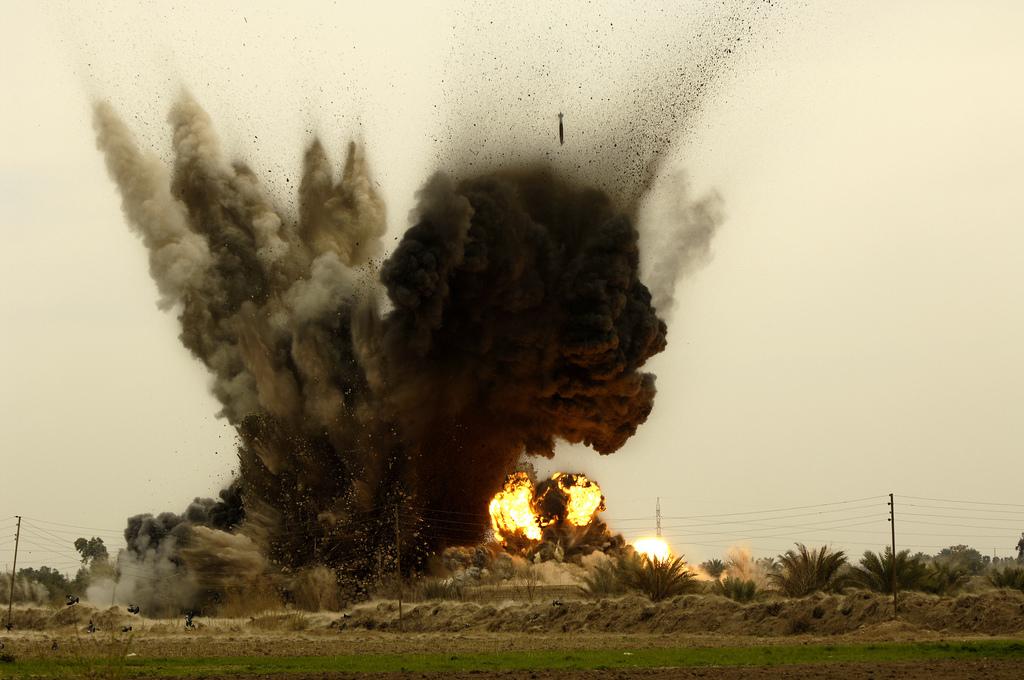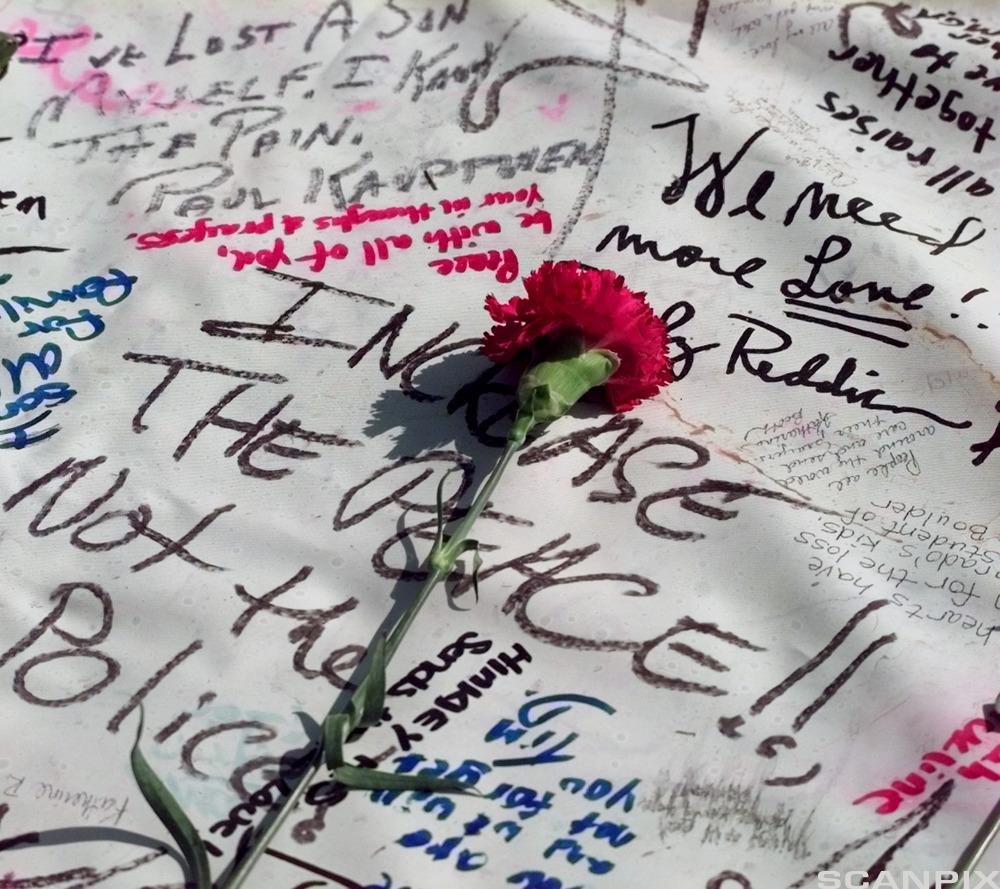
Vocabulary
tantamount, siege, affluence, decrease, impeachment
The next year brought the collapse of the Soviet Union and the emergence of fifteen independent states. This was tantamount to the end of the Cold War, which had defined the USA as one of the world’s two superpowers. This left the USA as the world’s only superpower, and through the 1990s, political, economic and military alliances all over the world started shifting.
Acts of Violence

At home, the US was hit by some of the most devastating acts of violence in its history. In 1993, authorities attempted to carry out a search of the compound of a religious sect called Branch Davidian, grounded on reports of different kinds of firearms being delivered to the compound. This was the beginning of a 50-day siege, ending violently and tragically when a fire in the compound killed 76 people – among them 25 children. Two years later, Timothy McVeigh set off a bomb in Oklahoma City, killing 168 people, among them nineteen children, and injuring 450 others. The end of the decade brought the Columbine Tragedy, when two students entered Columbine High School in Colorado and shot twelve students and one teacher before shooting themselves.
The Electronic Age

This last decade of the 20th century – and of the second millennium – also brought technological development and is often called the “Electronic Age” or the “Information Age.” Although the World Wide Web had already existed for two decades, it was not until 1991 that it was made available to the general public – and the world entered a communications revolution. By the end of the decade, 5.8% of the world’s population had internet access. Today the number is 32.7% and rising.
One of the most popular of the American presidents, Bill Clinton, served throughout most of the 1990s. He will be remembered for many things, among these being his strong commitment to fighting racism. Growth and affluence, employment, a decrease in crime and violence rates, lower teenage pregnancy and abortion rates – all these gains are part of President Clinton’s era. But Clinton will probably also be remembered as the president whose career came close to being ruined through impeachment. However, in spite of what many people might – at best – characterize as examples of poor judgement, he miraculously remained standing.
The American Century
The fall of the Soviet Union left the U.S. as the world’s only superpower, and as such, it played an important part in several international conflicts. The country also continued playing its role as “world-police” during the 1990’s. Regardless of how people feel about this, nobody can dispute the enormous influence American culture, literature, art, music, television, and mass media have had upon the 20th century. For this reason, the century has been referred to as the “American Century”.
Tasks and Activities
Comprehension
- Which issues were at stake in the Gulf War and who fought in it?
- What marked the end of the Cold War?
- Who is considered the Super Power?
- What is the Columbine Tragedy?
- Why are the 90s called the Electronic Age?
- Which incident is referred to as an example of Clinton's "poor judgment"?
- Why is the 20th century named the American Century?
Write a Text
Write a text in answer to one of the following questions:
- Which decade after World War II do you find the most exciting, interesting or important? What makes this decade stand out?
- Why do you think sociologists and other researchers break people down into generational groups like “The Silent Generation”, “The Baby Boomers” and “Generation X”? Who might find such generalizations of the different age groups useful? What is your opinion about categorizing people in this way?
- How do you notice the impact of American culture in your life? Discuss the positive and negative aspects of American cultural influence in your country.